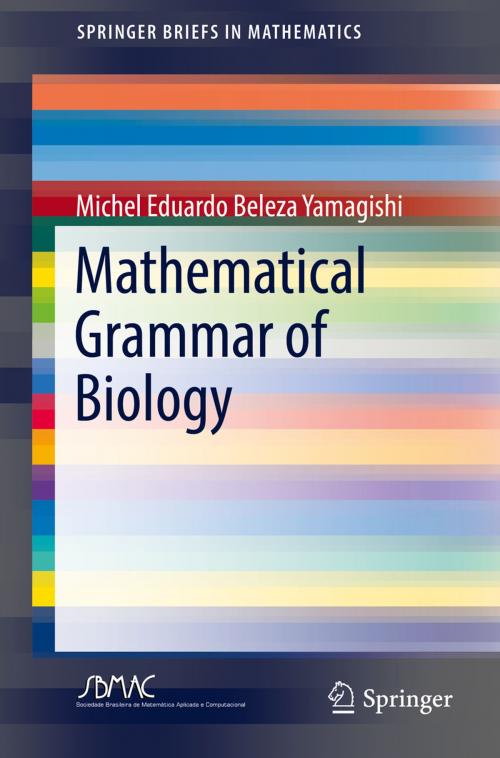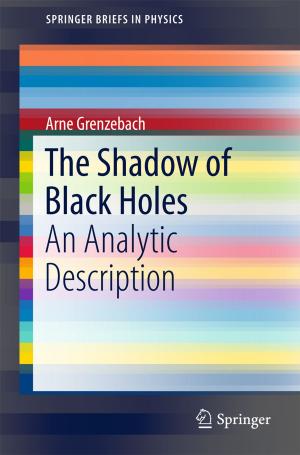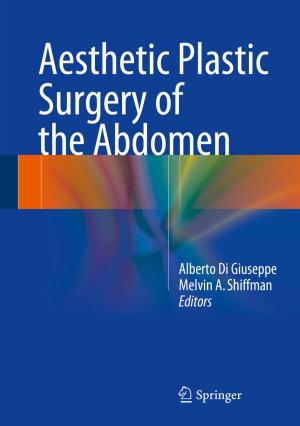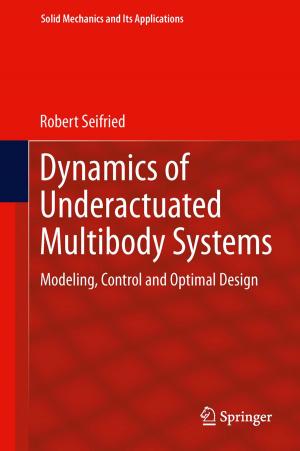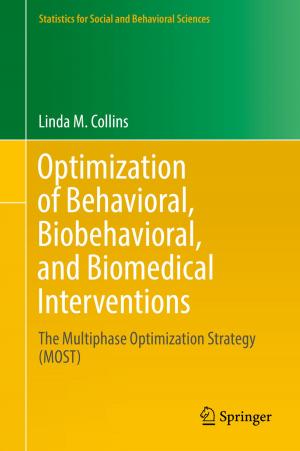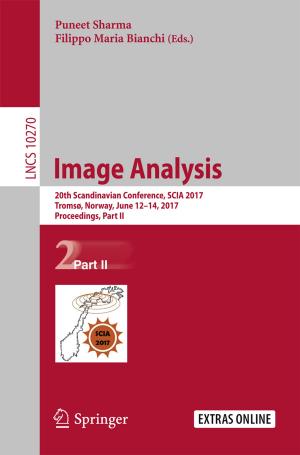Mathematical Grammar of Biology
Nonfiction, Science & Nature, Mathematics, Applied, Computers, Advanced Computing, Computer Science| Author: | Michel Eduardo Beleza Yamagishi | ISBN: | 9783319626895 |
| Publisher: | Springer International Publishing | Publication: | August 31, 2017 |
| Imprint: | Springer | Language: | English |
| Author: | Michel Eduardo Beleza Yamagishi |
| ISBN: | 9783319626895 |
| Publisher: | Springer International Publishing |
| Publication: | August 31, 2017 |
| Imprint: | Springer |
| Language: | English |
This seminal, multidisciplinary book shows how mathematics can be used to study the first principles of DNA. Most importantly, it enriches the so-called “Chargaff’s grammar of biology” by providing the conceptual theoretical framework necessary to generalize Chargaff’s rules. Starting with a simple example of DNA mathematical modeling where human nucleotide frequencies are associated to the Fibonacci sequence and the Golden Ratio through an optimization problem, its breakthrough is showing that the reverse, complement and reverse-complement operators defined over oligonucleotides induce a natural set partition of DNA words of fixed-size. These equivalence classes, when organized into a matrix form, reveal hidden patterns within the DNA sequence of every living organism. Intended for undergraduate and graduate students both in mathematics and in life sciences, it is also a valuable resource for researchers interested in studying invariant genomic properties.
This seminal, multidisciplinary book shows how mathematics can be used to study the first principles of DNA. Most importantly, it enriches the so-called “Chargaff’s grammar of biology” by providing the conceptual theoretical framework necessary to generalize Chargaff’s rules. Starting with a simple example of DNA mathematical modeling where human nucleotide frequencies are associated to the Fibonacci sequence and the Golden Ratio through an optimization problem, its breakthrough is showing that the reverse, complement and reverse-complement operators defined over oligonucleotides induce a natural set partition of DNA words of fixed-size. These equivalence classes, when organized into a matrix form, reveal hidden patterns within the DNA sequence of every living organism. Intended for undergraduate and graduate students both in mathematics and in life sciences, it is also a valuable resource for researchers interested in studying invariant genomic properties.
